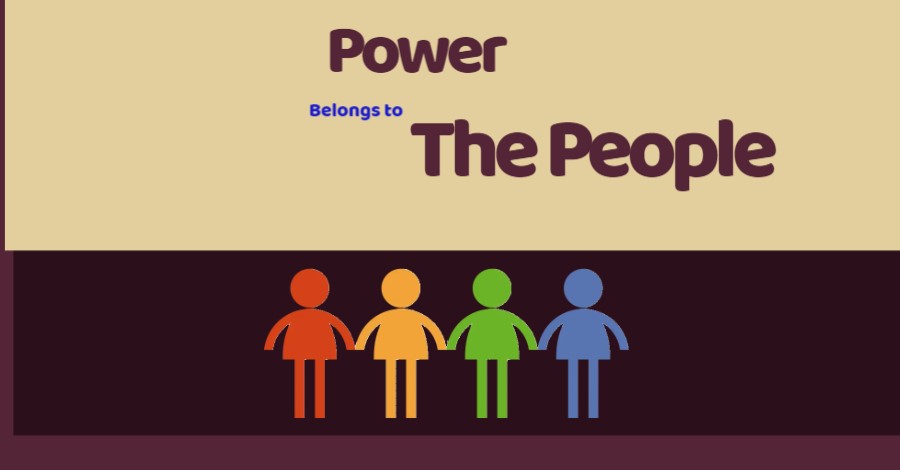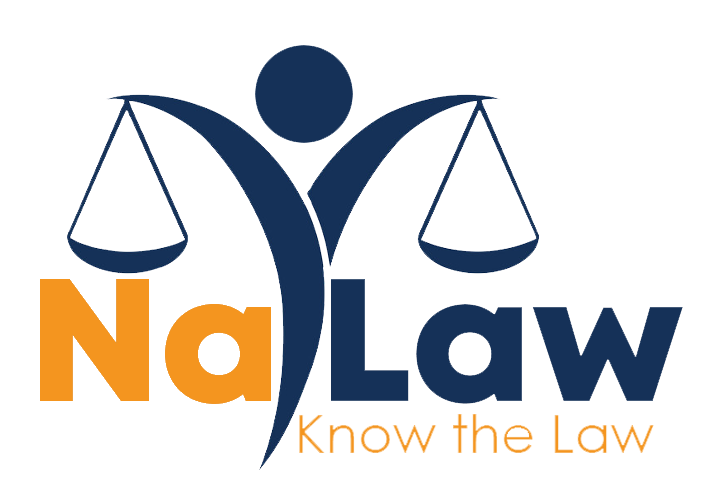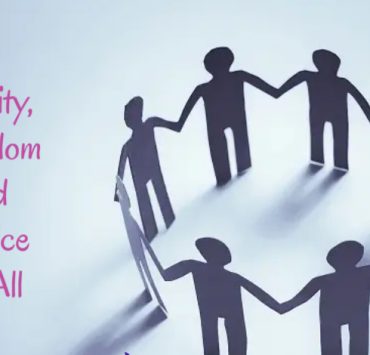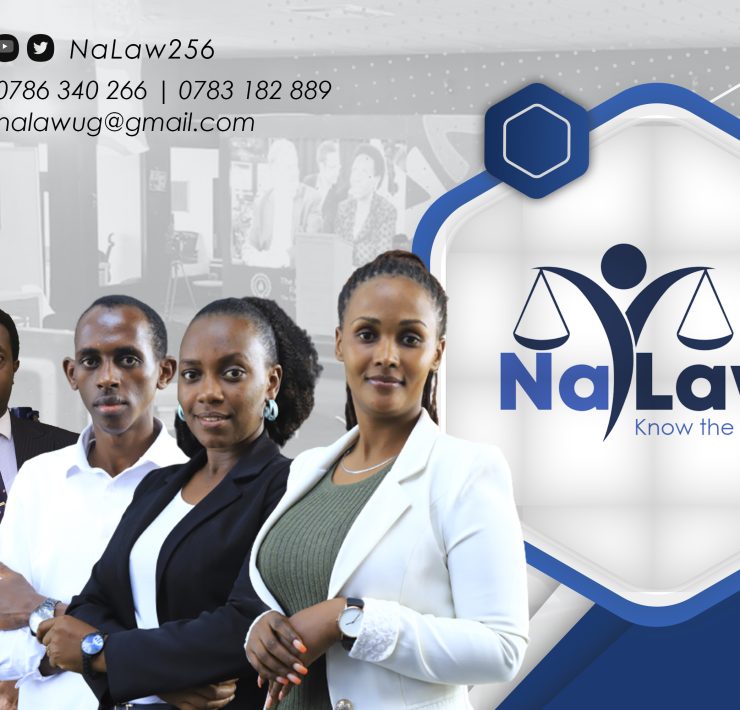Understanding Article One Of Uganda’s Constitution

Article 1 provides sovereignty of the people.
Every Uganda citizen has the right to participate in the affairs of government, individually or through his or her representatives in accordance with law.
(2) Every Ugandan has a right to participate in peaceful activities to influence the policies of the government through civic organizations
We set down what article 1 means by providing sovereignty of the people
1. This article provides all power to the people who shall exercise their sovereignty in accordance with their constitution.
This statement expresses the idea that ultimate authority and decision-making power rests with the people and that power should be exercised in accordance with the constitution.
It also reflects the idea that government authority derives from the consent of the government.
2. Without limiting the effect of clause (1) of this Article, all authority in the state emanates from the people of Uganda and the people shall be governed through their will and consent.
This means that the source of all the authority in the country Uganda is the people. The government power comes from the people and not from any other source such as monarch or a military dictatorship.
The people are the ones who give their consent to be governed through their will and consent. This is also a reflection of the principle of popular sovereignty. It means that the citizens of Uganda are the ultimate authority and power in the country.
3. All power and authority of government and its organs comes from this constitution, which in turn derives its authority from the people who consent to be governed in accordance with this constitution.
This statement means that the authority and power of the government and its various arms (such as the legislative, executive and judicial branches is derived from the constitution. The constitution is the supreme law of the land and all government actions must be in accordance with it.
The source of the constitution’s authority is the people who have consented to be governed in accordance with its principles and provisions.
This emphasises that the government power is not absolute and is limited by the constitution which is a reflection of the people’s will and consent.
It also means that the government power is derived from the people through the constitution and the people are the ultimate authority in the country.
4. The people shall express their will and consent on who shall govern them and how they should be governed through regular, free and fair elections of their representatives or through referenda.
This statement means that the people have the right to express their will and consent on who should govern them and how they should be governed.
This can be done through regular free and fair elections of their representatives, regular means that the elections are held at regular intervals such as after every 4 or 5 years.
Free means that the elections are conducted without any coercion or manipulation.
Fair means that the elections are conducted in a way that ensures that the will of the people is accurately reflected in the outcome.
Elections are the most common way for the citizens to choose who should represent and govern them and how they should be governed.
Referendums also give the people an opportunity to express their will on specific issues or proposals. This means that the people have the power to approve or reject any issue or proposal through votes.
In other words, being sovereign means being SUPREME, or ultimate power above all else. This means that in Uganda the people have ultimate power over everything. This concept of sovereignty of the people has got like three manifestations as discussed hereunder.
The power to frame the government.
The power to frame the government refers to the ability to create and establish the structure, organisation and procedures of the government. This includes the ability to determine the form of government, the numbers and powers of branches of government, the method of selecting leaders and representatives and the overall system of governance.
This power is to frame the government that can be held by a group of individuals, such as at a constitutional convention or a constituent assembly, or by the people themselves through a process such as a constitutional referendum.it is an important aspect of popular sovereignty and constitutional democracy as it ensures that the government is created and structured in a way that reflects the will of the people.
Being involved in the government of the country.
Being involved in the government of the country means taking an active role in the decision making and administration of the county as a citizen. This takes many forms including.
- Voting in elections: This is the most basic way for citizens to be involved in the activities of the government. By casting their ballots, they can choose the leaders and representatives who will make decisions on their behalf.
- Holding public services. Citizens can also become directly involved in the government by holding public office such as a member of congress, a governor or a mayor.
- Participating in public meetings and debates: Citizens can also participate in the government by attending public meetings such as city council or school board meetings and by speaking out on important issues.
- Joining political organisations or movements: Citizens can also be involved in the government by joining political organizations and movements that advocate for specific policies or candidates.
- Being a member of civil society: Citizens can also contribute to the government by being a member of civil society, a non -government sector that can provide feedback to the government on how to improve the lives of the citizens.
- Contacting representatives and government officials: Citizens can also be involved by communicating with the representatives and government officials and expressing their opinions on important issues.
Overall, being involved in the government of the country means taking an active role in shaping the direction of the country and holding leaders and representatives accountable for their actions.



